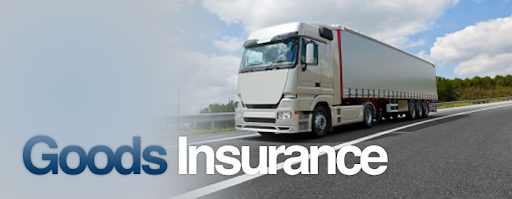Marine insurance covers any loss or damage to ships, cargo, terminals, and any other mode of transportation used to move the property between its points of origin and its destination. Marine insurance covers Onshore and Offshore exposed property, Hull, Marine Casualty, and Marine Liability. A division of marine insurance is cargo insurance. Shipping insurance is used in place of this when items are delivered by mail or courier.
Marine Insurance Types:
- Shipping Insurance
In the case of freight insurance, for instance, the operator would lose freight receivables if the products were damaged in transit, therefore the insurance will be based on reimbursement for loss of freight.
- Liability Protection
The purchase of marine liability insurance serves as compensation for any liability resulting from a ship colliding or crashing.
- Insurance Hull
Hull insurance protects the transportation vehicle’s hull and torso. It provides protection for the conveyance against damage and mishaps.
- Insurance for marine cargo
The insurance of commodities shipped from the country of origin to the country of destination is referred to as marine cargo policy.
Risks connected to the sea are covered by marine insurance. The ship, freight, or cargo is the topic. It does not include any language addressing the ship or cargo owner’s moral obligations. Regarding marine insurance, a 10–15% profit margin is anticipated. The insurable interest must only exist at the time of a loss in maritime insurance as well.
Transit Insurance
The movement of commodities from one location to another has been facilitated and accelerated by the growth of the transportation sector. Even if there has been a rise in transportation-related activity, goods are still vulnerable to various risks while in transit.
One of the most crucial preventative steps that aids in reducing these risks is transit insurance. Let’s examine transit insurance in greater detail.
When products are being transported from one location to another, transit insurance offers security. It protects the policyholder from potential losses or damages to the products while they are being transported by a private vehicle operated by the owner himself, a member of his staff, or any other third-party carriers.
Based on the items being carried and the dangers involved in doing so, the insurance premium is chosen.
Transit Insurance Types:
1.One-way Transit Insurance
The insurance is only offered for one transit; therefore it expires once the items arrive at their final destination. Owners of businesses who occasionally send out goods will benefit the most from this approach.
- Access to Transit Insurance
This policy offers coverage for many transits as opposed to insurance for a single transit. The policy will cover as many transits as the business owners make during the coverage period. For business owners who frequently export or import goods, this coverage is highly advantageous because it eliminates the need to get separate insurance for each trip.
- Cover for Third-Party Carriers
When products are transferred aboard third-party vessels or carriers, this sort of transit insurance offers protection against damage and loss.
- Cover for many vehicles
Any dangers to the goods that may arise during transportation through various vehicles to the destination are covered by this form of protection.







